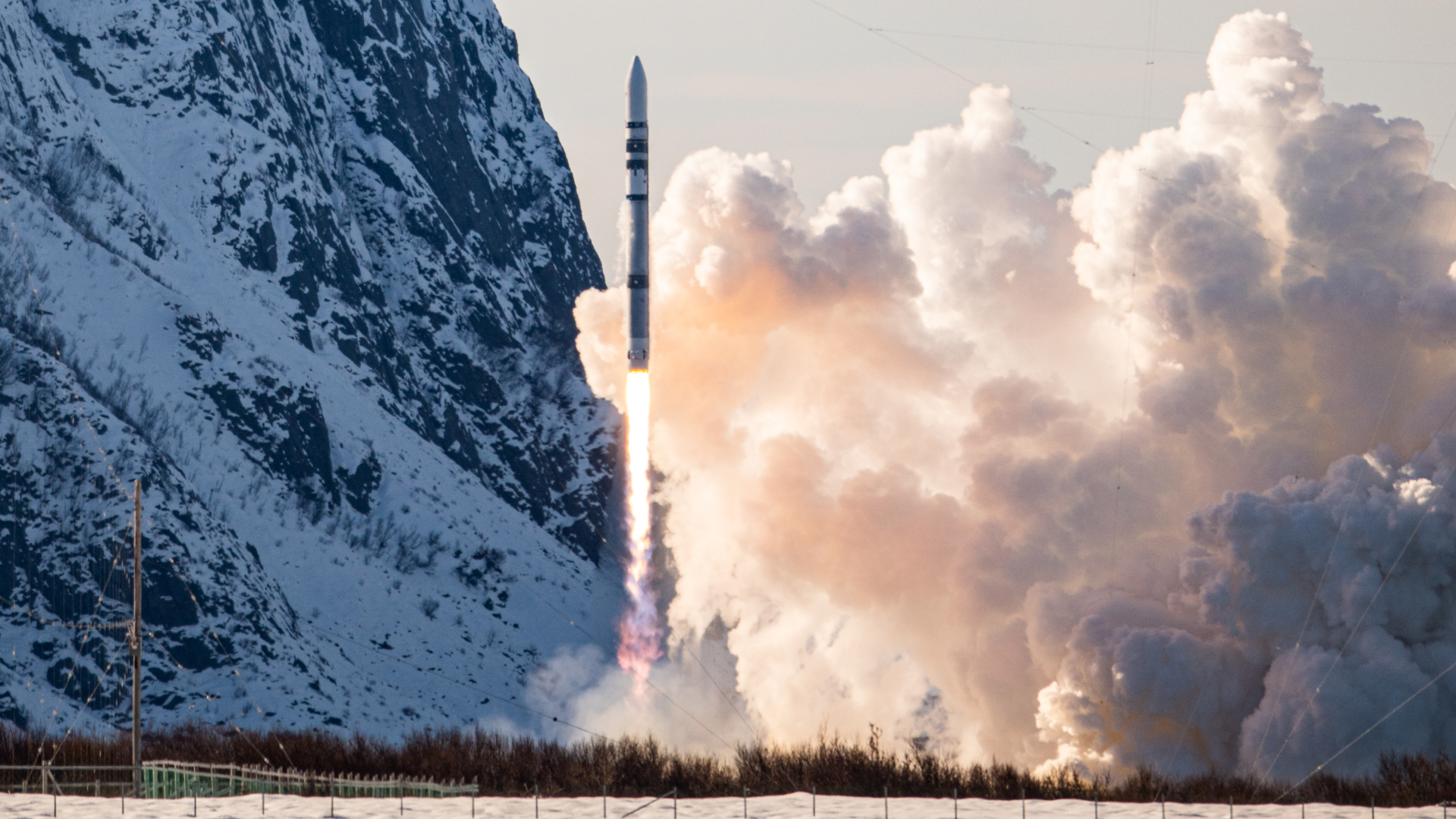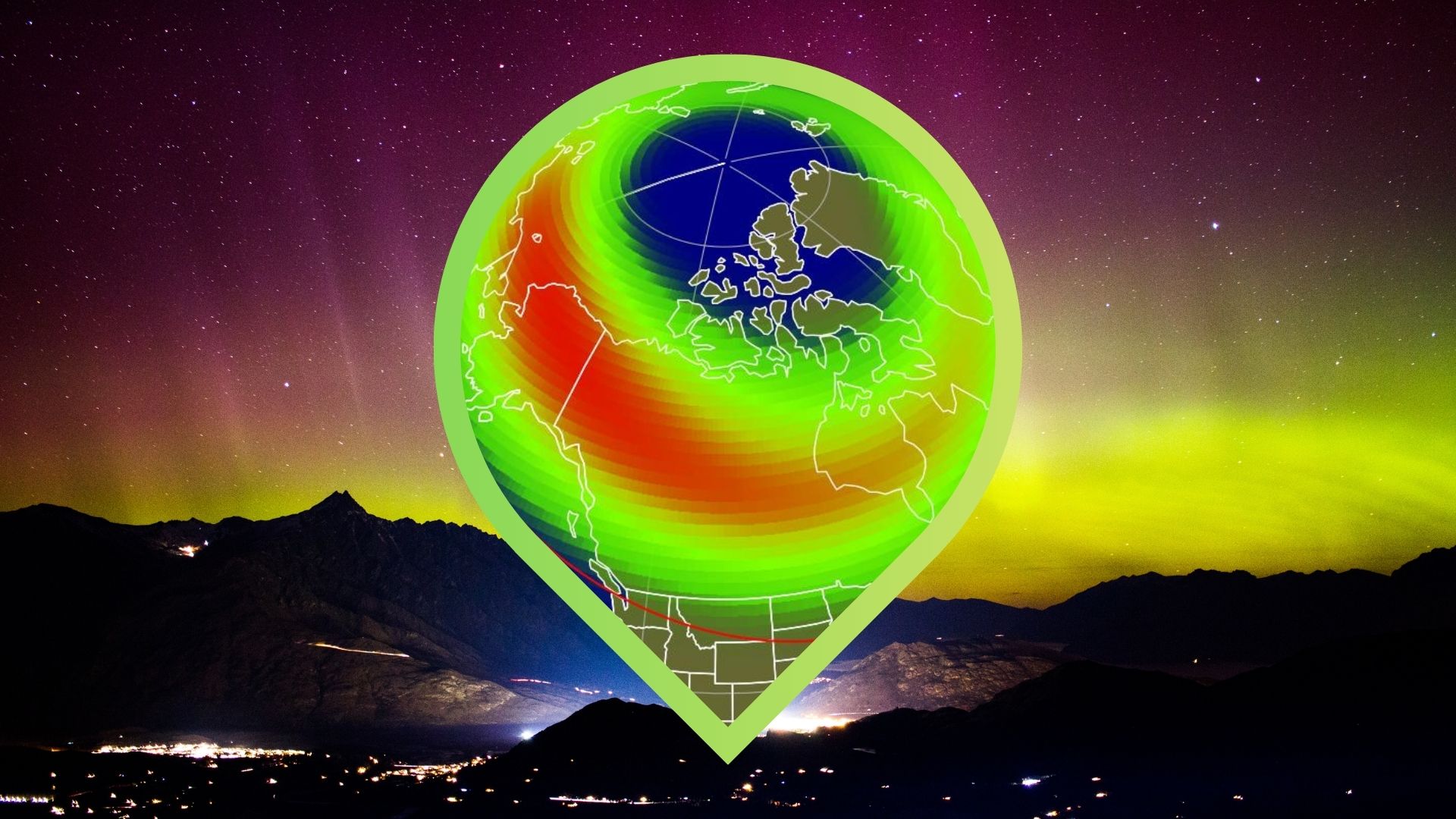ESA selects 5 rocket companies for European Launcher Challenge
The ESA competition aims to foster independent access to space by supporting emerging small- and medium-lift rocket developers

The European Space Agency (ESA) has taken a step toward diversifying its access to space.
ESA has chosen five rocket companies to pass through to the next round of its competition to encourage and support the development of new launch vehicles.
The agency announced on July 7 that it had selected German companies Isar Aerospace and Rocket Factory Augsburg (RFA), Maiaspace from France, Spain's PLD Space and Orbital Express Launch, or Orbex, which is based in the United Kingdom, to proceed to the next stage of its European Launcher Challenge.
The European Launcher Challenge (ELC) is a new scheme to promote new small and medium-sized launch vehicles and boost competitiveness in Europe, which for decades has relied on large Ariane rockets.
The challenge was announced in November 2023, followed by a request for information and a formal call for proposals in March 2025, leading to ESA announcing the preselected challengers. The ELC has two components. The first is for launch services to be performed for ESA from 2026 to 2030, while the second is for development and demonstration of larger, upgraded launchers.
Each chosen company will be eligible for up to 169 million euros ($198 million US) in support to cover one or both of these components. The ESA member states will finalize funding decisions in November at the agency's crucial ministerial council, which will set funding for projects for the next three years.
Both Isar Aerospace and RFA have made it to the pad already. Isar's Spectrum rocket had a first, short-lived flight in March from Norway, with the launcher exploding seconds in flight. RFA's RFA One rocket exploded on the pad in the Shetland Islands back in August 2024 during a static fire test.
Breaking space news, the latest updates on rocket launches, skywatching events and more!
PLD Space conducted a suborbital flight of its Miura 1 rocket in 2023, as a stepping stone toward launching the orbital Miura 5. Orbex, meanwhile, is working on its Prime microlauncher, while Maiaspace is developing its reusable Maia rocket.
These are not the only European companies engaged in developing new rockets, with Skyrora (U.K.), Latitude (France) and HyImpulse (Germany) at various stages of developing their rocket concepts.

Andrew is a freelance space journalist with a focus on reporting on China's rapidly growing space sector. He began writing for Space.com in 2019 and writes for SpaceNews, IEEE Spectrum, National Geographic, Sky & Telescope, New Scientist and others. Andrew first caught the space bug when, as a youngster, he saw Voyager images of other worlds in our solar system for the first time. Away from space, Andrew enjoys trail running in the forests of Finland. You can follow him on Twitter @AJ_FI.
You must confirm your public display name before commenting
Please logout and then login again, you will then be prompted to enter your display name.
